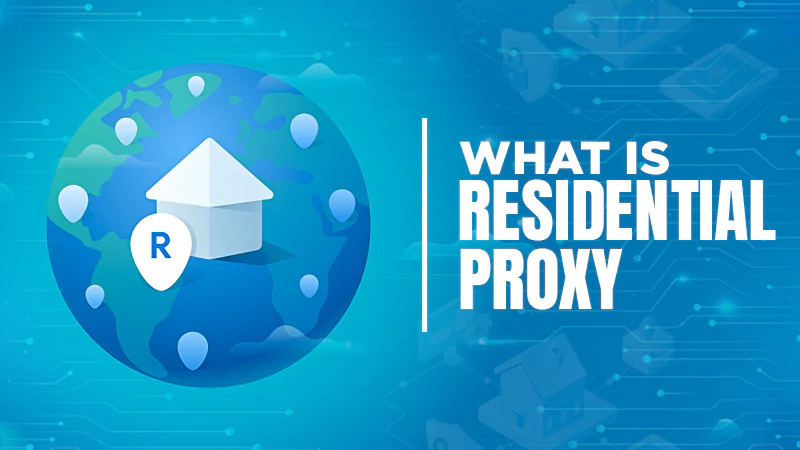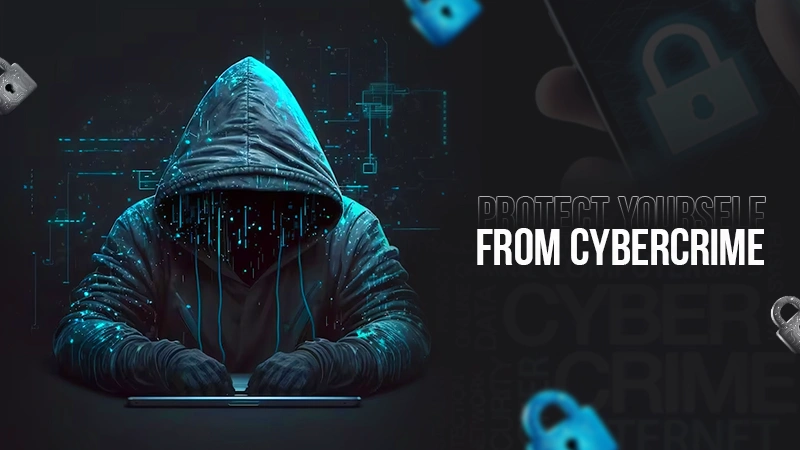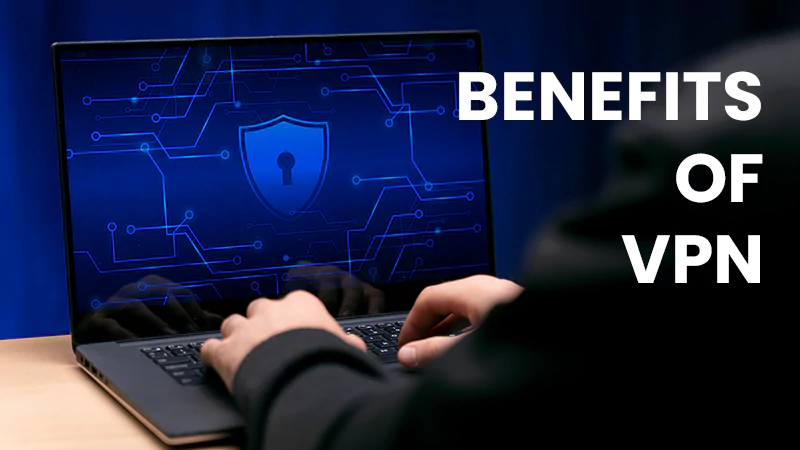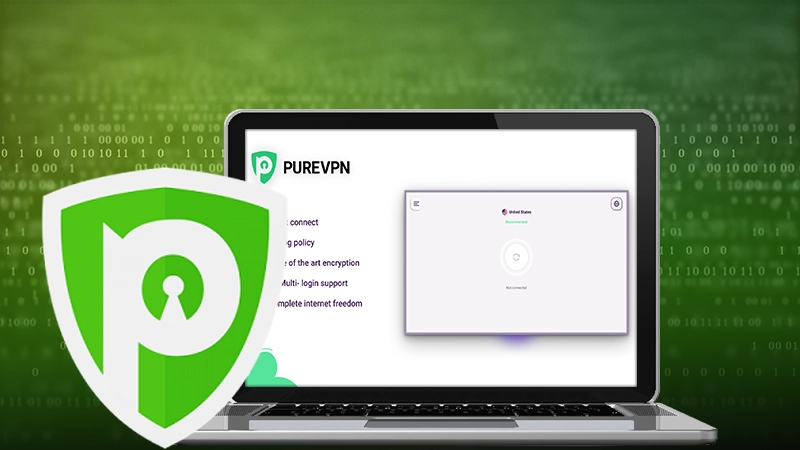Top 5 Reasons Why You Should Monitor Your Child’s Internet Usage
In this era, the life of kids these days is nothing similar to their parents or elders. We don’t live in those times anymore when kids used to go outside and play around. Nowadays the idea of “fun” for kids has totally changed. It is all about playing online video games, chatting with friends over social media, or binge-watching Netflix. Their exposure to the internet and the online world is uncontrollable.
We’re not saying that the internet is not a safe place to be, but for a kid who is not aware of the dark side of the internet can be in a trouble, it’s your responsibility as parents or guardians to protect them. The Internet is an extremely useful tool and an ultimate source of information if used in the right way. However, there is a downside to everything and the same is the case with the online world.
Here are a few reasons why you should monitor your child’s internet usage (for all the good reasons).
1. Scams and Identity theft
Cybercrimes and scams have become super-advanced and common these days. Kids often put their parents and themselves at risk of identity theft by giving their private information online without releasing the consequences. Hackers and scammers are actively seeking to steal others’ identities online and they are only in search of a weak link. You have to make sure that your kids don’t fall victim to such criminals and become the opportunity they are seeking for.
The very first thing you need to take care of for a safe online experience for your family is to provide them with a secure and protected internet connection. This is the foremost and crucial step that you must take to enhance online security in your house. We recommend you check Windstream Internet for a safe streaming and browsing experience. The Kinetic Secure by Windstream offers plenty of features including identity theft protection, parental control, 24/7 tech support, etc.
Once you have secured a safe internet connection in your house, you can then move to the next step which is educating your children about the different types of scams and cyber threats. Teach them the importance of privacy. Be aware of their social accounts and see what they are publicly sharing. Tell them not to share financial details like credit card credentials during any online shopping or transaction.
2. Cyberbullying
Cyberbullying is one of the most commonly faced, yet unsolved issues of all time. Children tend to be mean to each other at some point without even realizing what impact it’s going to leave on the other person’s personality. Most children often deal with this at school too, However, online bullying doesn’t let children have an escape from it, as it constantly comes through one online channel or the other. This is what makes us stay even more aware of Cybersecurity.
This can be extremely devastating to some kids and they often fail to find out the solution to such problems. Youngsters who are bullied online usually suffer from emotional distress but never speak to their parents about it. All you need to do is check up on your kids regularly monitor their usage and try to engage them in a conversation where they feel comfortable and trusted to speak up about their problems.
While having conversations and monitoring your child’s internet usage you must check if your child is bullying someone else as well. Educate them about the consequences and try to take hold of the damaging situation before it escalates.
3. Inappropriate Content
If your kids are under the age of 18 and you’re giving them unfiltered access to World Wide Web then it’s high time you start monitoring their usage before they get into discovering things that are none of their concern yet. You never know where their curiosity can lead them and they might end up being hooked on disturbing or violent content. Sexually explicit material, illegal advertising, profanity, vulgarity, and ill language they are exposed to online can encourage dangerous behaviors in your child.
Therefore you must double-check on parental controls. Activate them on any app or website that offers it. Filter out inappropriate content and improper websites from the devices under the use of your kids. You can even block certain accounts or profile that you find unfitting in terms of content so that your kids don’t face wrong exposure.
4. Internet Stalking
Internet stalking is another issue children are often dealing with. Those who are present on all social accounts and share details about their day-to-day life, their activities including everything from what they eat, where they are, and where they will be in the coming days may be put at high risk for stalking. And if by any chance your child provides personal contact details on the Facebook account, stalking can lead to text messages or phone calls, making it worse for them.
To protect your child against all this you need to teach them about safety measures that reduce the potential for cyberstalking. Tell them the importance of privacy and why it’s a must. Let them know about the dangers of getting stalked and the limits it could exceed to.
5. The Danger of Online Predators
A predator is a stranger who seeks to initiate a friendly relationship with a kid online and has intentions of committing child sexual abuse. They are also known as Pedophiles. And since kids are innocent, they often don’t figure out the hidden intentions of someone who is approaching them. They might see it as friendship and the online predator drags it to the point where they ask them to link up at someplace.
Chat rooms, video games, internet messaging, and social networking are filled to provide easy access where making contact is easy. As a parent seeking the protection and safety of your kids, you must check their socials, tell them about such people and their dirty intentions. Teach them all the ways through which they can protect themselves and avoid such interactions.
Final Words
The internet is a scary place for kids keeping in mind all the potential threats and privacy concerns, this is why parents must monitor their child’s internet usage, keep an eye on them, make them comfortable so they talk about everything, and educate them.
What Is Mobile Proxy And How Do They…
What Is Residential Proxy? Definition And Guide 2024
Protect Yourself from Cybercrime: Top 5 Smart Strategies…
Strategies for Cyber Success: Safeguarding and Managing Your…
Cybersecurity Course Online: Navigating the Digital Threat Terrain
Are You Being Spied On? 5 Reasons Why…
Fortifying Your Online Fortress: Unveiling the Best Paid…
The Imperative of Cybersecurity Integration in Front-End Development…
10 Tricks for Staying Cyber-Secure While Binge-Watching
Securing Your System: The Importance of Anti-Malware Software
Benefits of VPN for Enterprise Networks: Enhanced Security
PureVPN – The Best Streaming VPN












